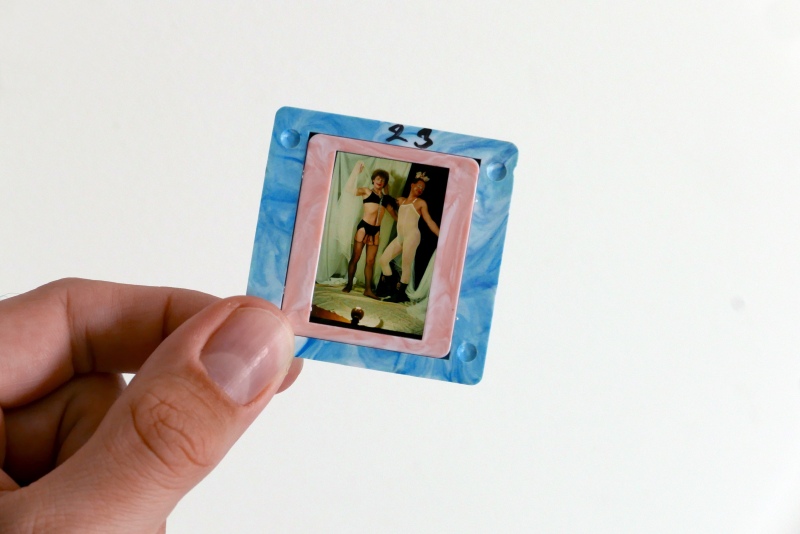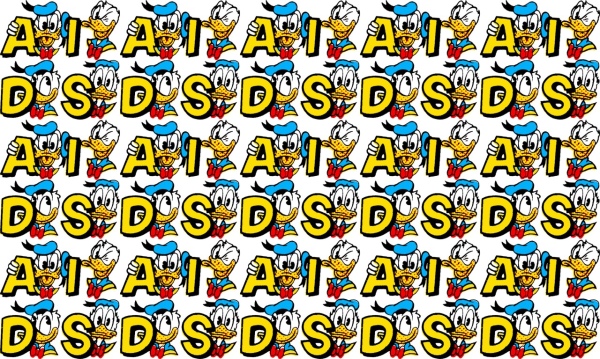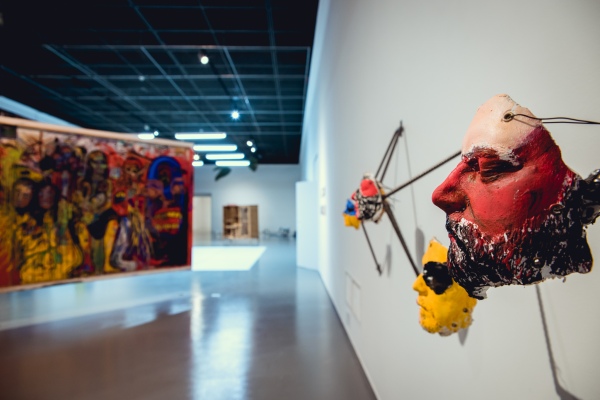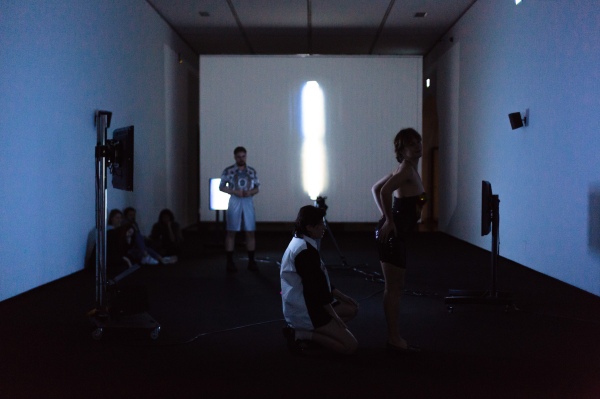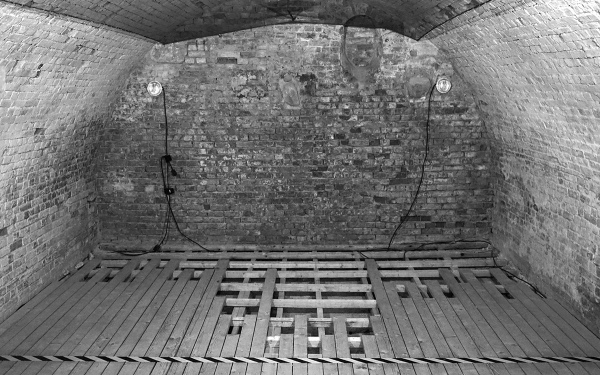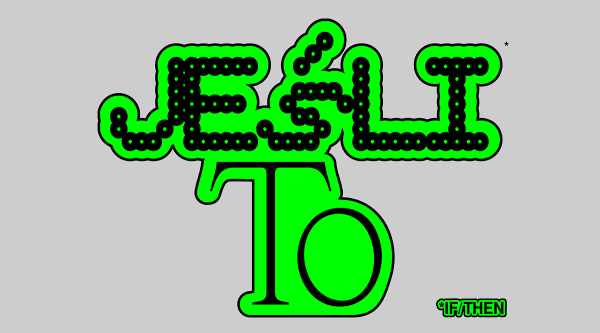Performing Archives
This fall, Ujazdowski Castle Centre for Contemporary Art in Warsaw is pleased to introduce three projects exploring the idea of performing archives and collections: a site-specific exhibition titled Far Too Many Stories to Fit into so Small a Box by Bik Van der Pol, a solo exhibition on queer archives by Karol Radziszewski titled The Power of Secrets and a performative installation tilted Untitled (Together Again) by Michał Borczuch. Queer archives and contemporary art collections reveal marginalized stories that do not function in official circles and can bring a new understanding of commonly known history.
Word-of-mouth accounts, rumors, and speculations have provided the starting point for the performative exhibition Far Too Many Stories to Fit into so Small a Box by Bik Van der Pol, curated by Joanna Zielińska. The title takes inspiration from Lawrence Weiner’s work Far Too Many Things to Fit into so Small a Box, placed on the façade of the building, which has become the institution’s unofficial motto. A display of artifacts has been combined with a performance based on the collection and archives. On the indicated days, the performers, who will be employing artworks as props, will deliver the story choreographed by Ania Nowak. The plotline of the project is based on personal accounts and subjective experiences and allusions that are part of the whispered history of the place, which is yet to be written. Sometimes the memory of the eyewitnesses fails, so viewers will have the opportunity to modify the script of the play to reflect what they themselves can remember. The exhibition talks about things that are ephemeral, taking up the challenge of the complex mechanisms of memory and forgetting. The project has taken on board the institution that was set up in the early 1990s by a handful of enthusiasts, artists, and the art historian and director of the Academy of Movement, Wojciech Krukowski. The concept of the program, largely based on the methodology of the avant-garde Academy of Movement, opened the center to multidisciplinary activity at the intersection of theater, art, cinema, and education, while deliberately embracing a critical depiction of contemporary times.
Karol Radziszewski’s exhibition The Power of Secrets, with special guest appearance of General Idea, Libuše Jarcovjáková, Natalia LL, Ryszard Kisiel, and Wolfgang Tillmans, is curated by Michał Grzegorzek. The exhibition poses a question: What is queer memory and can it be created through a common effort? The Power of Secrets is an experimental solo exhibition and the first such broad presentation of Karol Radziszewski’s art. Artist, curator, collector, amateur historian, Radziszewski skillfully maneuvers between visual and performance arts. The exhibition shows the wealth of his creative practices and artistic methods. The exposition of these things revolves around the theme of the performative nature of queer archives, which bring back the memory of the past once denied and which democratize history. The tools Karol Radziszewski uses in editing the materials are unique: he combines facts with fantasies, composes documents with shreds of memory; he misleads so as to show alternative trails of remembering. He not only reveals individual experiences but also documents the histories of communities. And he does not limit himself to Poland alone.
The Power of Secrets is created by artists—male and female—whose works expose a variety of tropes in broad historical and artistic contexts. They fall into a joint narrative about the fate of queer communities. Intimacy intertwines here with politics, and private histories blend in and out with public ones. The exhibition also presents the activities of the Queer Archives Institute, a para-institution founded by the artist focusing on researching the queer identity of Central and Eastern Europe.
Moreover, in the project Untitled (Together Again), the theatre director Michał Borczuch along with a group of Warsaw and Berlin based artists look through public documents and private histories to explore queer grief and its rituals. He was inspired by the work of Félix Gonzalez-Torres, a Cuban-born American gay artist who died of AIDS in 1996. His minimalist installations and sculptures can be interpreted as records of desire and love, and finally of illness and death.
The intimate sphere, publicly disclosed, turns out to be a symptom of wider social problems. Borczuch and his team take a closer look at the past intertwinement of the HIV/AIDS epidemic and political changes, especially with the political transformation in Poland, as well as the contemporary situation of the LGBTIQ+ community to reflect on whether art can be a site of micro-resistance towards regimes that make certain experiences invisible.
Borczuch's work, originally implemented as a theatrical performance at HAU Hebbel am Ufer in Berlin, at the Ujazdowski Castle Centre for Contemporary Art takes on the form of a performative installation – an exhibition open to viewers during the gallery's opening hours as well as the performances taking place in it on three different occasions.
